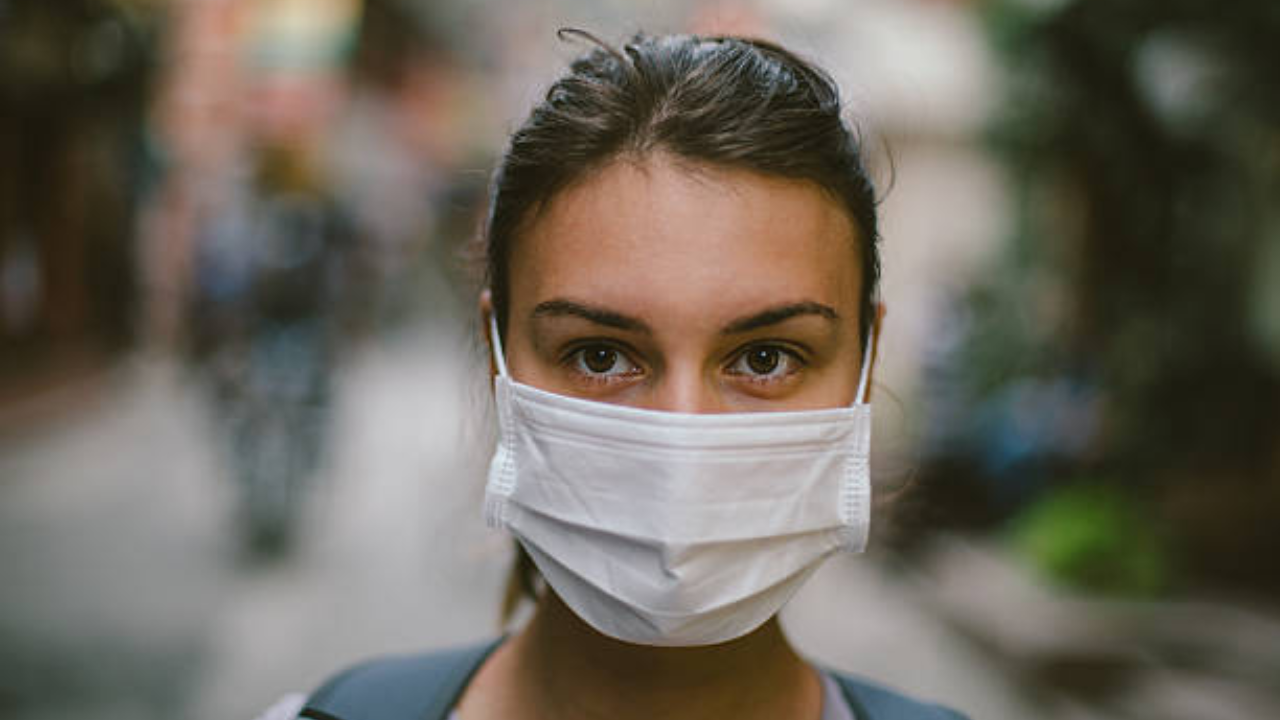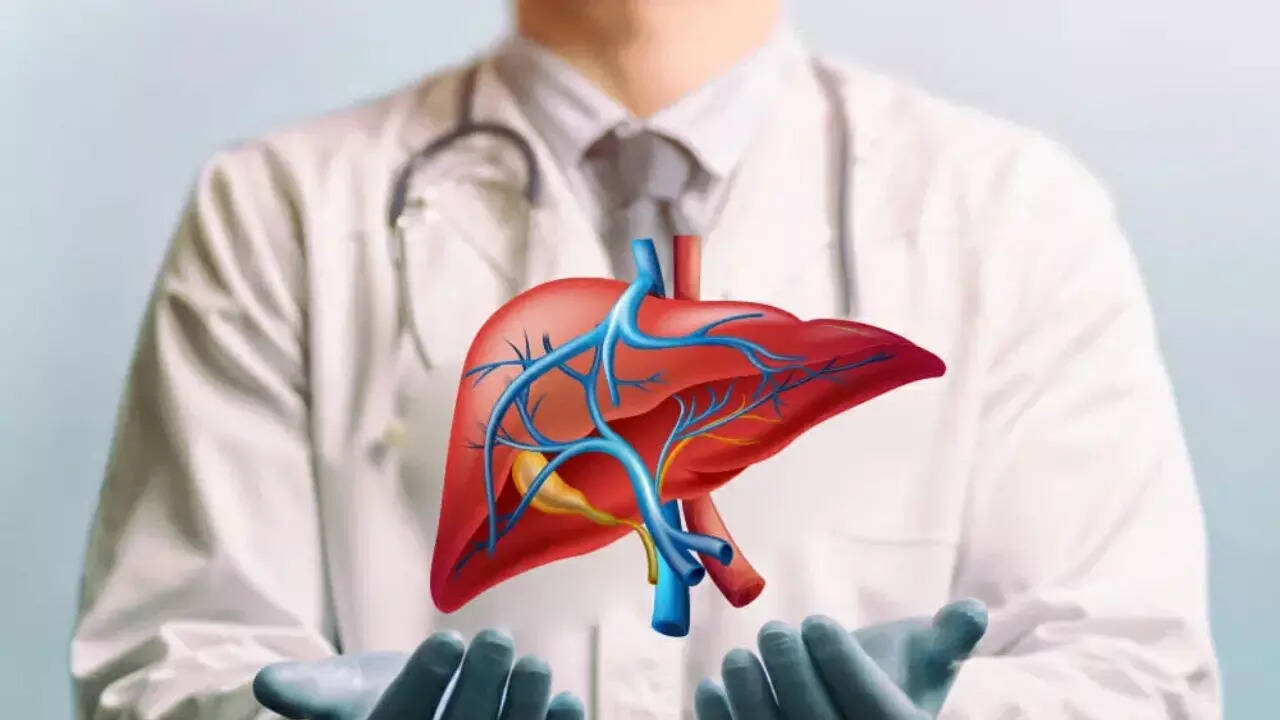The recent death from pneumonic plague in Northern Arizona marks the first case in the United States since 2007, sparking renewed attention to this rare yet potentially fatal disease. Caused by the bacteria Yersinia pestis, pneumonic plague directly impacts the lungs, unlike its bubonic and septicemic counterparts.
Transmission occurs through the inhalation of respiratory droplets from an infected individual, or it can develop from untreated bubonic or septicemic plague. Recognizing the early symptoms is crucial for timely intervention. These often present as a high fever and pneumonia-like symptoms.
The key to survival is swift medical intervention. Antibiotic treatment is essential to combat the infection and drastically reduce the risk of death. If you suspect you may have been exposed to pneumonic plague, or are experiencing flu-like symptoms accompanied by pneumonia-like symptoms, seek immediate medical attention. Early diagnosis and treatment are vital in preventing a potentially fatal outcome.




